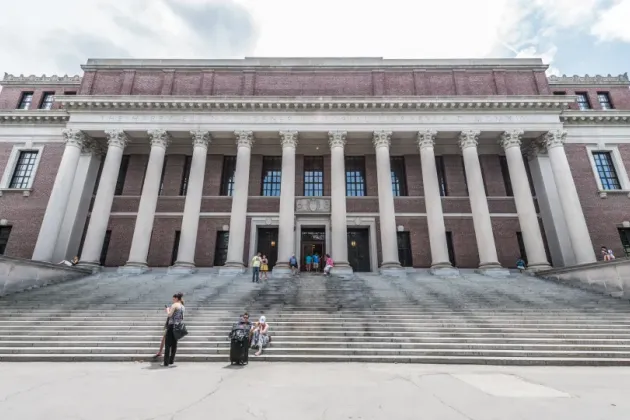The Association of Swedish Higher Education Institutions (SUHF) has through its analysis group diligently mapped academic freedom in Sweden – as well as academic freedom in the Nordic countries through Tim Ekberg’s new report “Akademisk frihet så in i Norden”.
Some of the conclusions from the SUHF reports are that the Government needs to take the initiative to give academic freedom constitutional protection and commission a Government investigation tasked with submitting a proposal for strengthening academic freedom. The autonomy of higher education institutions needs to be based on law and not on the Government’s good will and protection. The Government needs to clarify that the wordings in the Higher Education Act on academic freedom also include the higher education institutions’ self-determination.
Today, the Minister for Education Johan Pehrson announced that the Government is setting up a commission of inquiry with special commissioner Professor Anna-Sara Lind on strengthening academic freedom. All initiatives to strengthen academic freedom are welcome. However, in light of what is happening in the USA and what SUHF has presented in its reports, I am afraid that the directive focuses too much on individual freedom and too little on what really deeply concerns us – institutional freedom and higher education institutions’ self-determination.
This Government has been focused on what they have repeatedly called cancel culture and point to the universities’ own responsibility for supporting researchers who have been faced with threats and hate or pressure. But in a time when universities in the USA are fighting against censorship and for their independence, my fear is that the investigation, like earlier investigations that have been carried out, has slightly the wrong focus. Threats and hate towards researchers and homogenous environments with less than open-minded atmospheres are certainly serious and threaten academic freedom, but can also be rectified by the universities themselves to a great extent. To increase knowledge about academic freedom among staff members at Lund University, a major, long-term project has begun that, among other things, clarifies the University’s standpoints concerning academic freedom.
However, far worse is that higher education institutions can be subjected to censorship or impeded from researching and seeking knowledge about certain subjects for political reasons. If then the constitutional and self-determination foundation is too fragile, a free and independent academia can be quite rapidly wiped out. Hopefully, this problem will be more clearly addressed in the investigation the minister has promised later on regarding a new organisational form for higher education institutions.
But for now, we have this investigation. In June 2026, it will be presented with proposals for necessary statutory changes. There are many of us in the sector who will be following this work with great interest.
/Erik Renström, vice-chancellor



